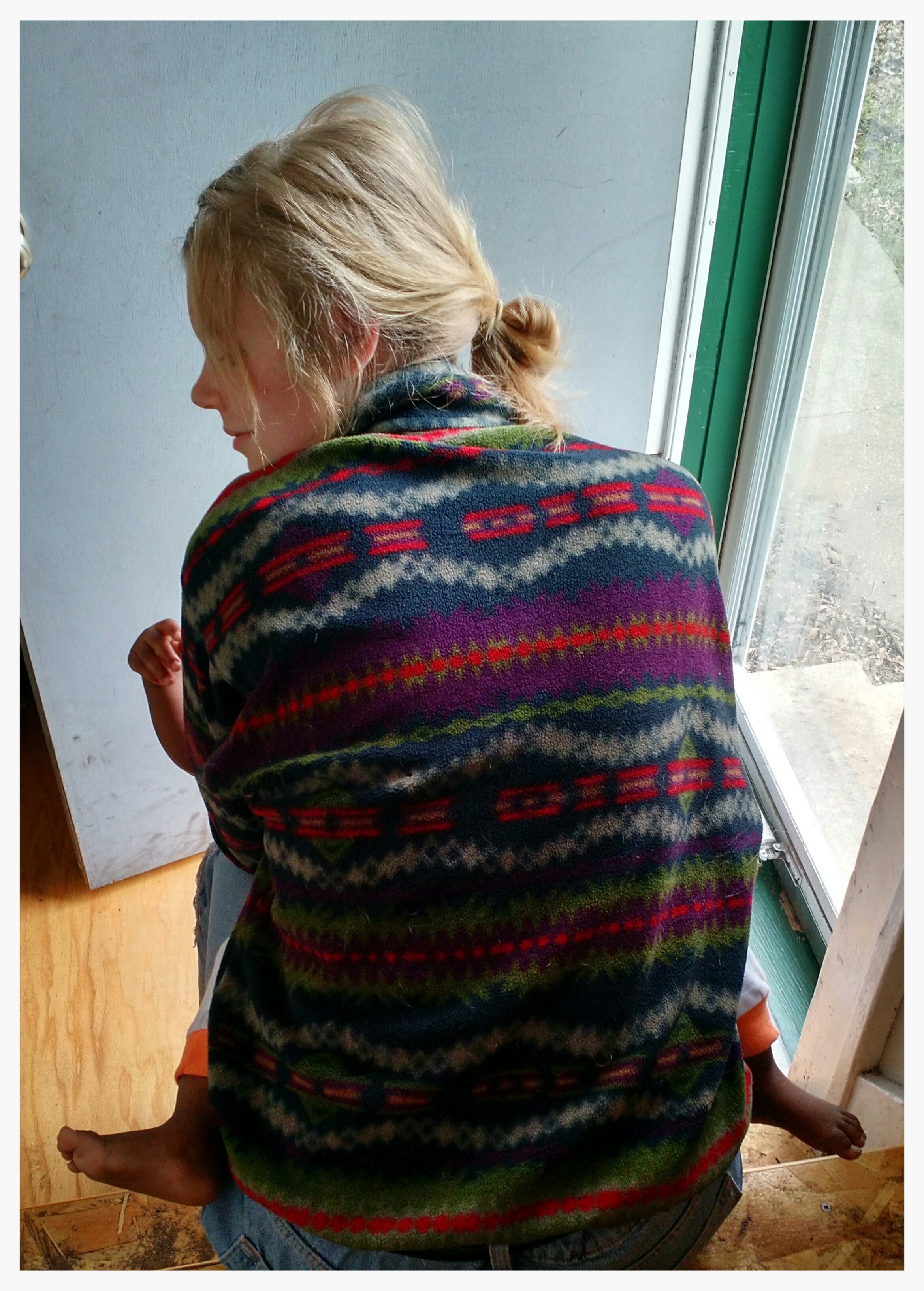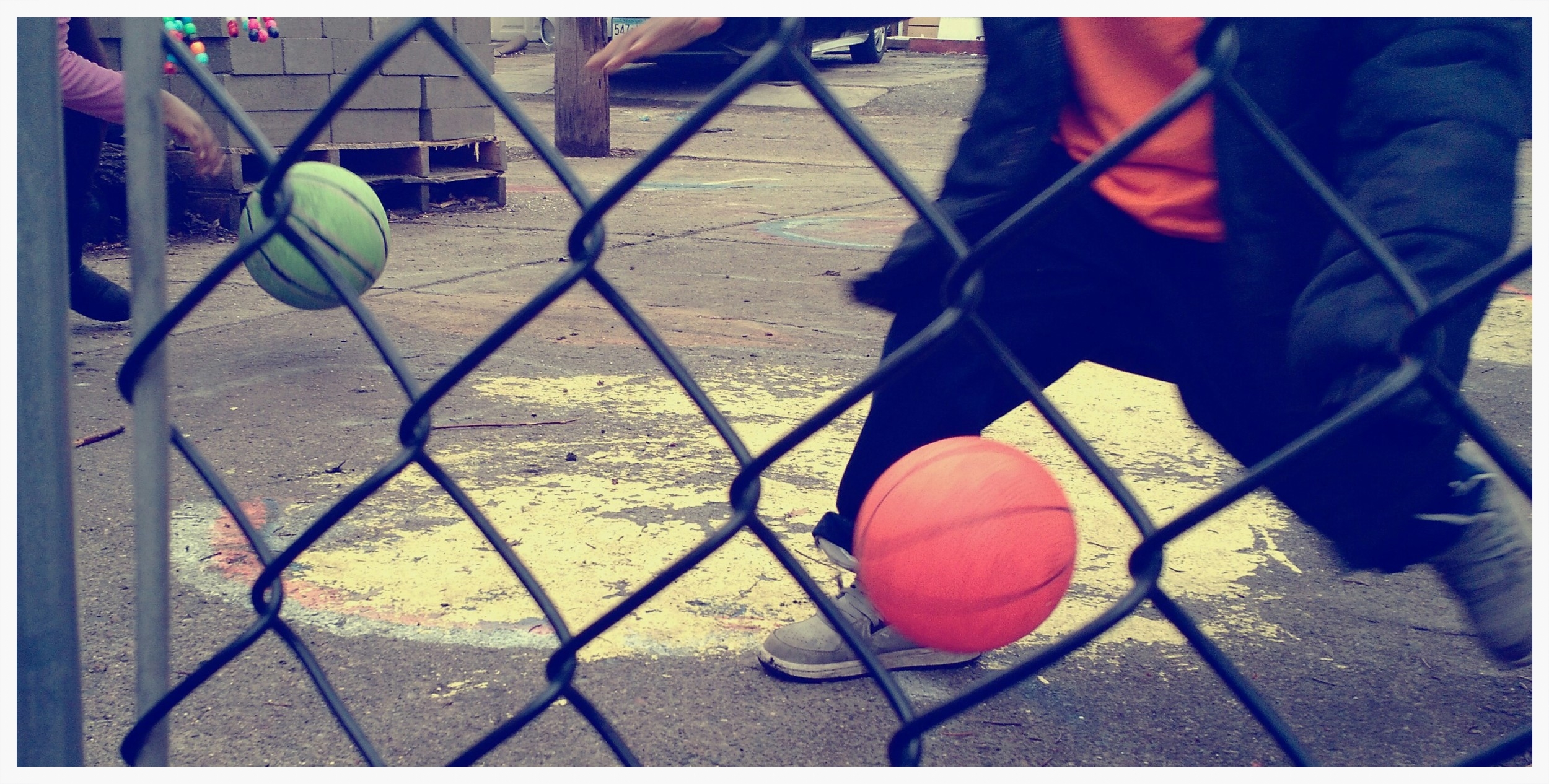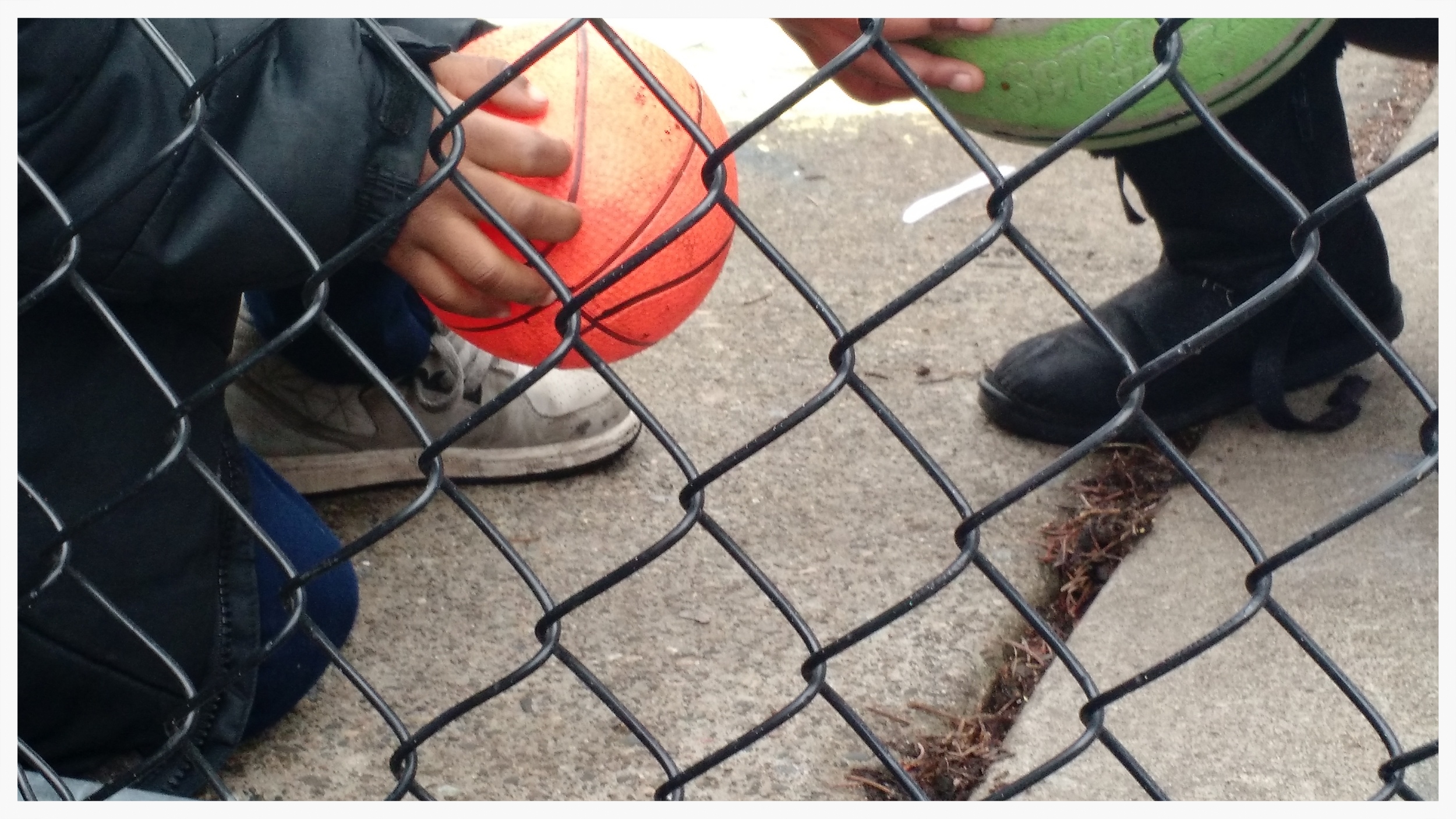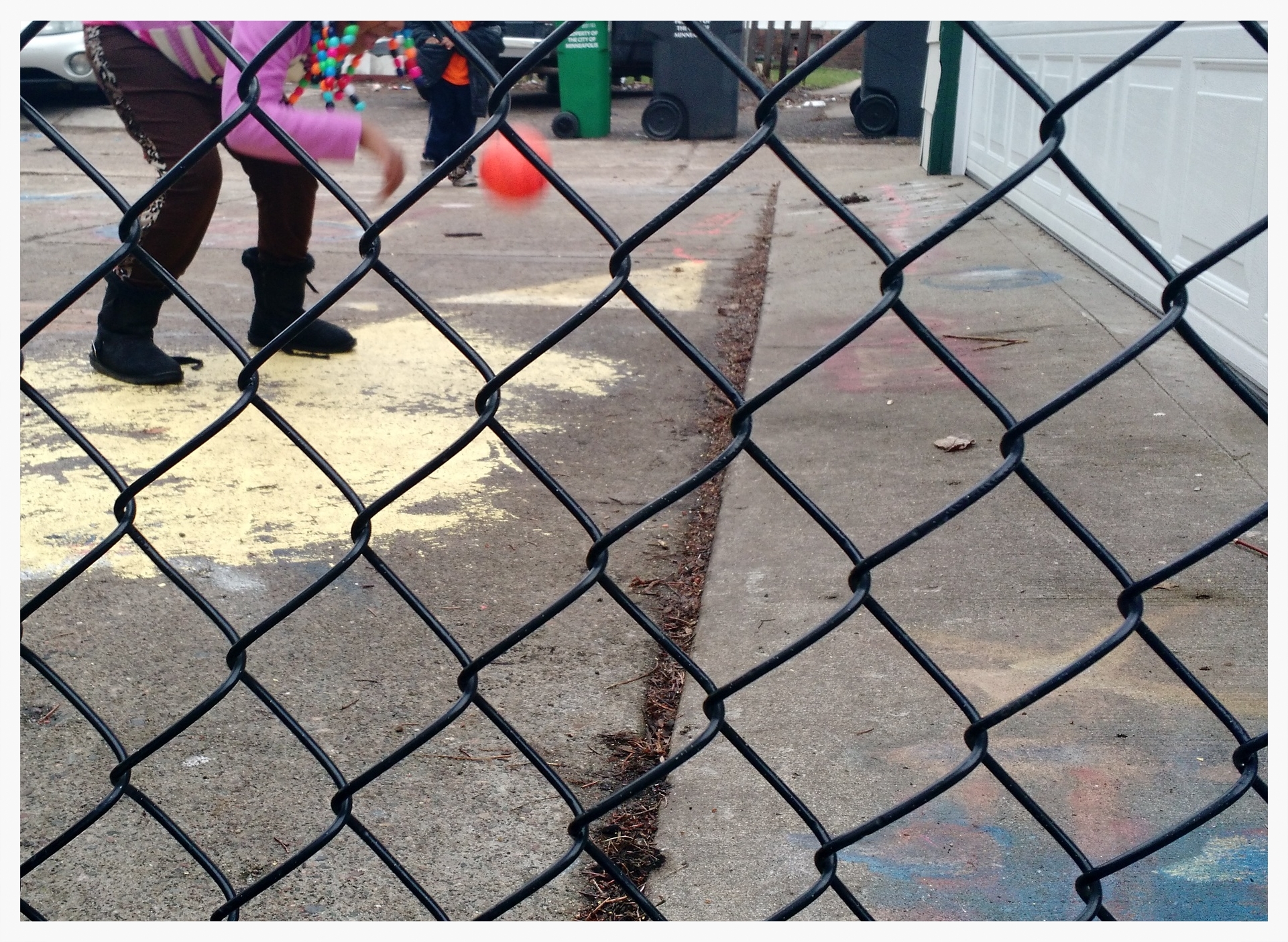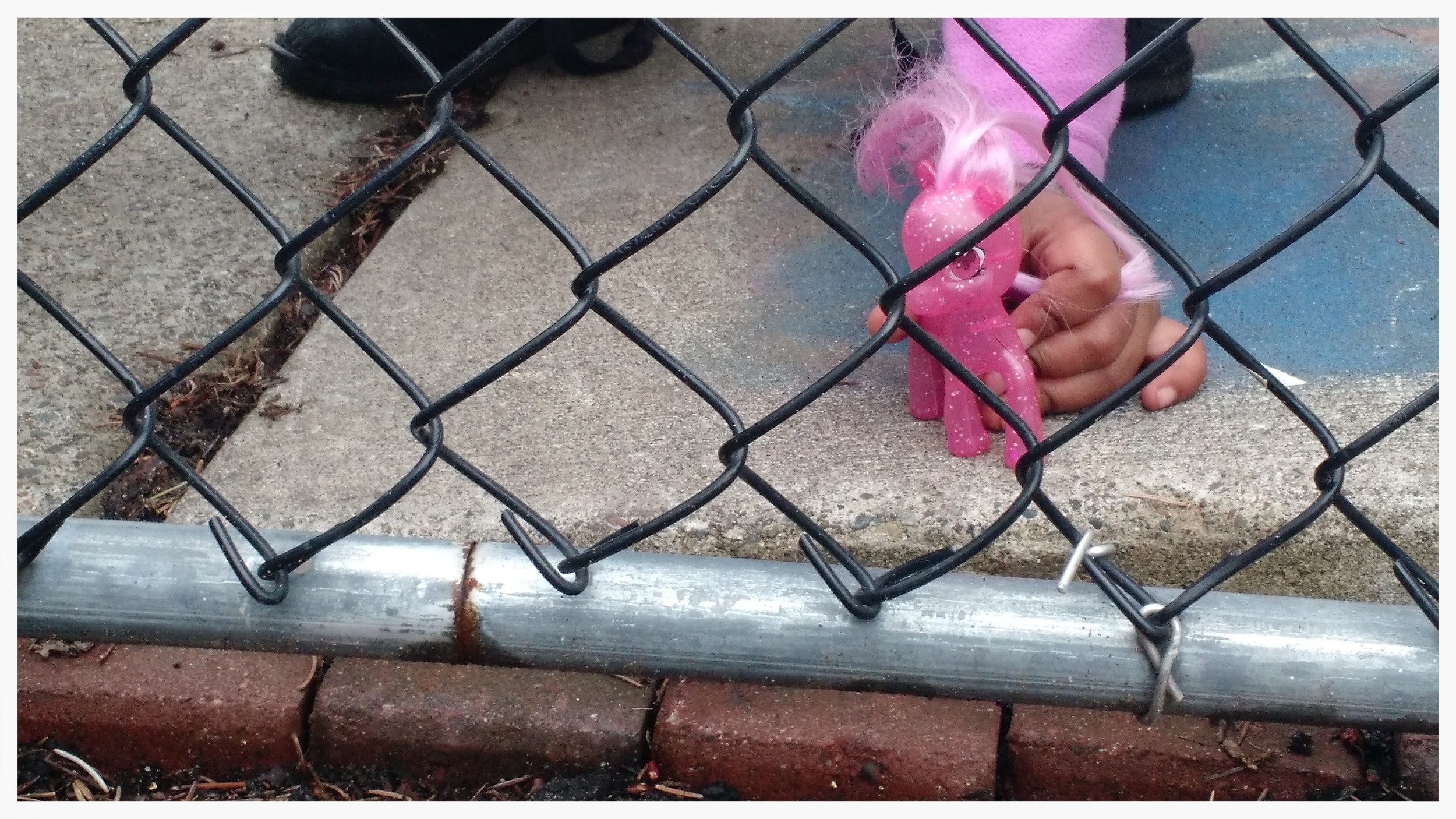Boyfriend took on the new title of Husband in the summer of 1992, and we left Minnesota’s Twin Cities for starker pastures to complete our college degrees at the University of North Dakota in Grand Forks. Though my Scandinavian roots and upbringing in northern Minnesota—where -40 in the winter was often the actual temperature and not just the wind chill factor—declared I was cut out for tundra living, my blood hadn’t gotten the memo. But Husband was cut from hardy cloth; the unobstructed winds ripping across the open prairies only made him zip up his jacket all the way.
We forged—against those icy winds—through two college degrees and five winters. And we entered 1997—our last winter in North Dakota—while Husband worked, and I whittled away at grad school courses. The year blasted in, inspiring new respect for the elements and reminding us nature was very big, and humanity, very small. Words like snowbound, jumpstart, and Blockbuster speckled the pages of my diary. We were grateful our parking spot in married student housing had an outlet so we could plug in our Honda Accord at night, thanks to a man named Andrew Freeman from Grand Forks for inventing the head bolt heater sixty years earlier.
Because of a blizzard, classes at the University were canceled for a day in January 1997, ushering in the tumultuous year. We were battered by snowstorms in February and March too, and worries about the later impact on the Red River—the waterway flowing through town—swirled through the news and the conversations of the residents.
In early April, Husband and I trekked down to Minneapolis for a weekend. While we were away, another blizzard bludgeoned our town. Two inches of ice yanked down power lines and forced freeways to close. The storm robbed power from 100,000 people in the area, and the authorities said it would take from three days to two weeks to restore it.
We delayed our trip home by a few days. Finally, we braved the icy conditions. Back at our apartment, I unlocked the door, and we stepped inside.
My mouth sagged open. “What on earth?”
The window stood ajar a few inches, and frigid air billowed in.
“Uh oh.” Husband strode over and closed it. Then he walked through the snow which had accumulated on the living room floor and fetched the broom. “Must’ve forgotten to shut it when we had that cooking fiasco last week.”
“This is bad.” Seeing my breath, I headed over to the thermostat. “It’s forty-five degrees in here.”
Husband swept up the snow into the dustpan and tapped the pile into the kitchen sink. “It’ll warm up soon.”
We escaped the chill to go out for dinner with some friends, but when we returned home at 11:00 p.m., the sight in our apartment socked me in the gut. Pools of water flooded the living room, dining room, and kitchen.
“Oh no.” I tiptoed through a puddle to the phone. “We have to call someone.”
Within the hour, a repairman from UND’s Plant Services came over. The guy wore a pinched face, and when he stepped inside, his gaze followed the watery trail down the hallway to our bathroom. I braced myself for the profanity I imagined would follow.
“Broken water pipe from the cold.” He thumped down his tool box onto our kitchen counter and sloshed around to assess the damage.
I turned toward Husband and muttered, “Because of the window?”
Husband shrugged and shook his head. The repairman clumped around with sighs and grunts and finished his repair job at 2:00 a.m. After he left, Husband and I sopped up the rest of the mess.
In the following days, news reporters issued ominous warnings about the rising Red River, which drove thousands of people to construct sandbag dikes based on a 49-foot estimate of flooding by the National Weather Service. But on April 16, the river levels hit 48.5 feet. City officials now warned the residents of possible evacuation and the threat of the city being shut down for weeks.
On April 18, the river levels reached 51.6 feet. When would it stop? All schools and non-essential businesses closed their doors. Around noon, Husband drove to the other side of the river to our friends’ home in East Grand Forks, Minnesota, to help them sandbag like we had done along with so many others the previous day. I stayed back at our apartment this time, packing our bags for what was coming. I clicked on the TV for updates.
As I flew around gathering our things, my anxiety rose like the river’s waters. But Husband would get me soon, and we would sandbag at our friends’ house for as long as we could—even through the night, if needed—and then leave for my parents’ place in northern Minnesota. Just then, the TV blurted out the latest:
“The DeMers Avenue’s Sorlie Bridge has now closed.”
Pictures of the submerged bridge jolted me as sirens screamed throughout the city. How much time did we have? Husband had driven our only vehicle to our friends’ place, and the river raged between us. Would he be able to cross back over the Kennedy Bridge—the last and highest bridge between Grand Forks and East Grand Forks—to get me before it was too late?
The phone rang. Hopefully Husband. I grabbed the receiver, mashing it to my ear.
“Hey.” I zipped our suitcases shut.
“Hello, Mrs.—uh…” The voice on the other end of the line fumbled through three permutations of my last name before abandoning the effort altogether. “How are you today?”
“Fine, but I can’t talk right now.” Didn’t the man hear the sirens in the background?
“I won’t keep you then, ma’am. I’ll just tell you a bit about our organization. Did you know that 300,000 people die each year from—”
I darted a look at the TV screen. “Have you heard of Grand Forks, North Dakota?”
He chuckled. “I’ve heard it gets pretty cold up there.”
“Well, turn on the news. We have a natural disaster going on here.”
“Oh, well, I—”
“’Bye.” I punched the off button.
As I finished gathering our possessions that would have to last us for who knew how long, I heard the apartment door open.
Husband.
I ran across the room and gave him a squeeze.
“Let’s go,” he said.
We raced out to the car with our luggage and jumped in. Husband mashed the accelerator and turned up the radio.
“The Kennedy Bridge will close any minute now,” the announcer said.
Husband gripped the wheel. “If we don’t get across that bridge, we'll have to drive three hundred miles out of the way to get to your parents’.”
We sped to the bridge where cars were lined up trying to get across. National Guard troops stood post waiting for orders to stop traffic and close the bridge. As we inched forward, a house floated through the surging waters, and other homes along the river were drowning, their rooftops the only sign of their existence. I held my breath. Would we make it?
Ours was one of the last twenty cars that crossed the Kennedy Bridge that day. Later that night, some of the river’s most crucial dikes broke, and at 1:30 a.m. on April 19, we were forced to abandon our sandbagging efforts when the City of East Grand Forks issued mandatory evacuation orders.
The Red River crested at 54.4 feet on April 21. The waters reached over three miles inland, and didn’t recede below flood stages until May 30. Our apartment—far enough from the river—wasn’t touched, but our friends’ basement filled with water up to three inches below their upstairs subfloor.
I had lived with Husband through historic blizzards and the most severe flood the Red River had seen since 1826. After spending our lifetimes in cold and often wet conditions, we wanted something warmer.
Moving to Arizona the next year couldn’t come soon enough.
*Miss an installment of the blog? Or want to catch the story from the beginning? Visit http://www.tamarajorell.com/blog-entries-by-date
*Names in this blog have been changed to protect my family, neighbors, and friends in the neighborhood, and in a nod of appreciation to the beloved Swedish author Maj Lindman, I’ve renamed my three blondies Flicka, Ricka, and Dicka.
